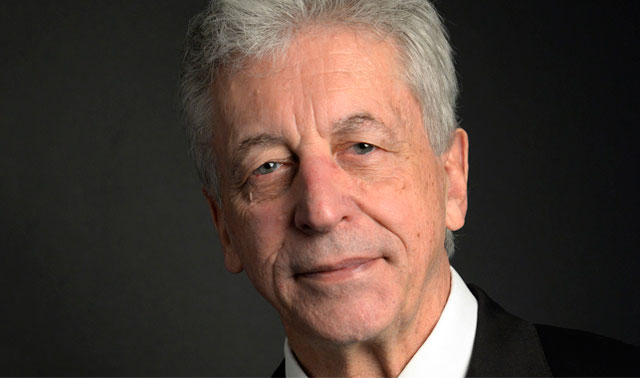
The Free Market Foundation has said the #datamustfall movement, which is agitating for lower mobile data prices, has largely gone unchallenged. Yet evidence suggests that South African data prices are not among the highest in the world, and the debate needs to be less one-sided.
Leon Louw, the foundation’s executive director and co-founder, said at a media conference in Johannesburg on Tuesday that “gullible experts” appear to have swallowed the hyperbole around #datamustfall and that there’s been a lack of “tough questions” asked about whether what’s being said about data prices stands up to scrutiny.
Using the building sector as an analogy, Louw said if poor people can’t afford housing, there isn’t a demand that building contractors reduce their prices to unsustainable levels. “With data, there are arguments that arise in no other context, and these have become widely accepted as legitimate and credible.”
Louw warned against “counterproductive intervention” in a functioning market, saying that if government were to force data prices to fall, it could have unintended consequences. “What happens to the poor who don’t already have coverage? Will villages have access to anything better than 2G? Will they get 3G and 4G? If you are worried about the poor, you want technology and coverage to reach them, but if you force data prices down, you will create a disincentive to rolling out infrastructure.”
Louw said there is “no such thing as a free lunch” and rubbished claims by #datamustfall campaigners that Internet access is a human right. Also, freedom of speech does not mean that users have a right to be provided with free access to the Internet or technology more broadly, he said.
In addition, Louw took aim at those who claim South African operators make excess profits. “It does seem that South African service providers have higher than average profits when compared to those in the rest of Africa, but they’re not higher than in many other countries.”
He said operators in many other markets have faced criticism that they’re making “super profits”. But “if they are subject to competition, and they still make lots of money, that’s an indication of the extent to which they have served their customers well”.
Louw also slammed those who have suggested that data prices — high or not – are a sign that there has been “market failure”.
“Let’s be clear about this: there is no such a thing as market failure. Markets don’t have objectives. Markets are a process. The market is not something with a mind or an objective,” he said. “The market is simply people freely trading with one another. If the market produces soap operas or reality TV, I can’t call that market failure. It’s the market successfully giving people what they want.”
If anyone should be criticised over high prices, Louw said, it’s the government, which has been tardy in allocating access to additional radio frequency spectrum to the operators.
“The result is that the network providers have to spend extra sums of money building extra base stations which they otherwise wouldn’t have to do. They are ‘re-farming’, moving 2G [spectrum] to 4G. They have to do that because the government has denied them spectrum.”
Making direct and selective comparisons with data prices in other countries is also not helpful, Louw said. Each country has its own challenges, which affects how much data costs. For example, some countries haven’t rolled out 4G yet. “What are the licensing costs? What is the regulatory cost? Anyone who produces a simplistic number for one country over another is misleading you. It’s not that simple.”
Data produced the International Telecommunication Union suggests that data prices in South Africa are average compared to the rest of the world — far from being the most expensive, but also far from being the cheapest. Any analysis should take into consideration a wide range of factors that can and do influence how the operators set their prices.
On spectrum allocation, Louw said he favours an auction and said communications regulator Icasa was on the right track in this regard. (He emphasised that he was speaking in his personal capacity on this point.)
Government wants to reserve all unallocated mobile spectrum for a new open-access wholesale network into which all the operators are expected to contribute. “My personal view is that what Icasa wants, which is an auction, is the most efficient way of allocating a scarce resource.” — © 2016 NewsCentral Media




